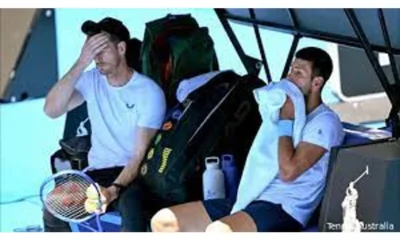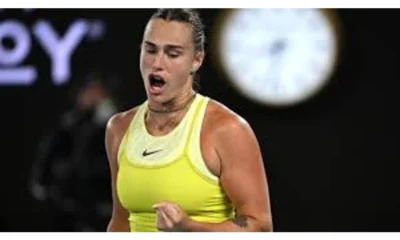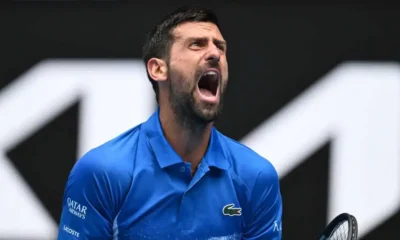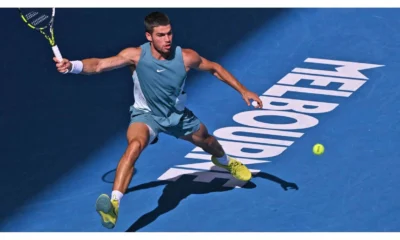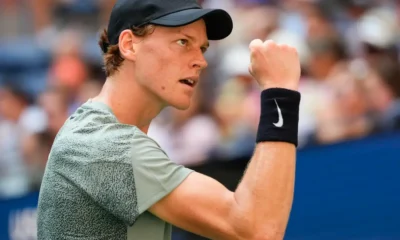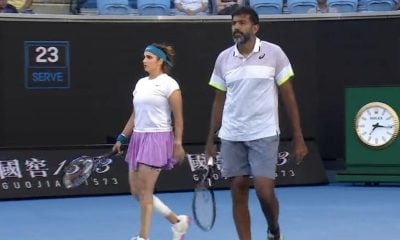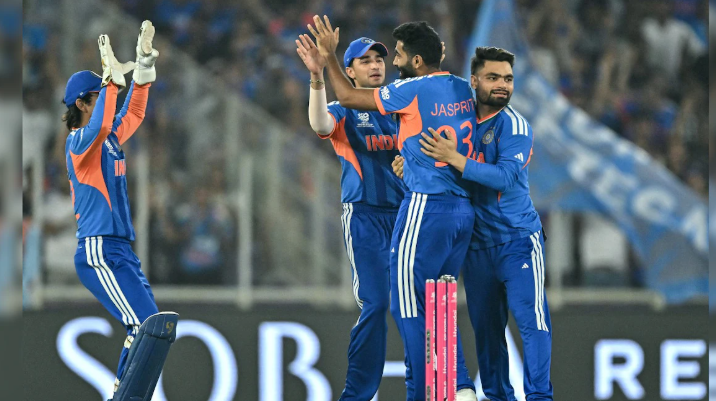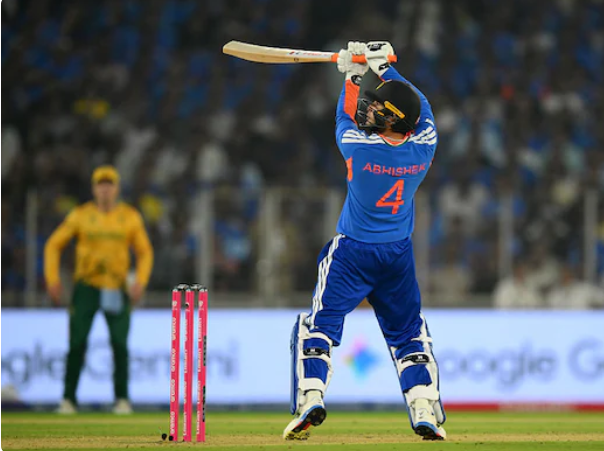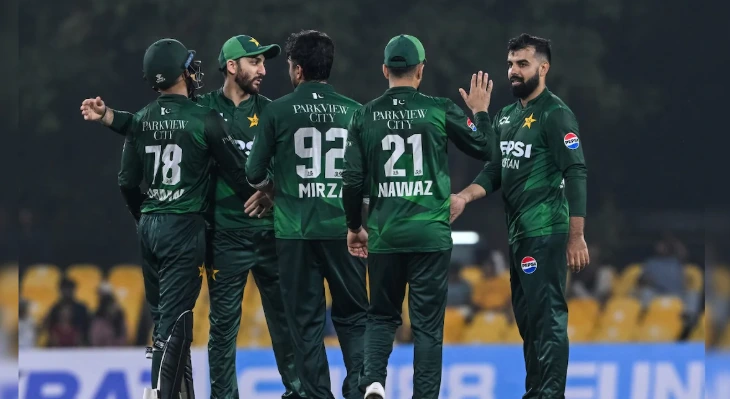LATEST SPORTS NEWS
Australian Open 2025: Madison Keys defeats Sabalenka in final for 1st Grand Slam victory
The victory’s significance extends beyond the trophy itself; it represents a hard-earned triumph over self-doubt and a testament to the transformative power of self-acceptance. At 29, Keys is the oldest first-time Grand Slam champion since Flavia Pennetta in 2015, a testament to her enduring dedication and remarkable resilience.
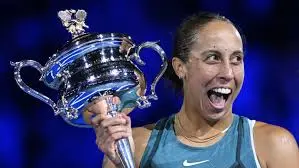
Cricket news
Rinku Singh returns home from T20 World Cup camp due to family emergency
Rinku Singh has flown back home from the T20 World Cup camp after his father’s health deteriorated. Team management is yet to confirm his return.
LATEST SPORTS NEWS
ICC Men’s T20 World Cup 2026: South Africa outclass India with smart slower-ball strategy in Super 8
South Africa registered a commanding 76-run win over India in the T20 World Cup 2026 Super 8 match, using disciplined slower deliveries and a key Miller-Brevis partnership.
Cricket news
Shadab Khan lands in trouble after ‘we’ve beaten India’ remark, PCB issues warning: Report
Shadab Khan has reportedly been advised by the PCB to mind his language after his remarks on former players following Pakistan’s loss to India stirred controversy.
-

 India News18 hours ago
India News18 hours agoAs stealth reshapes air combat, India weighs induction of Sukhoi Su-57 jets
-

 Cricket news17 hours ago
Cricket news17 hours agoRinku Singh returns home from T20 World Cup camp due to family emergency
-

 India News16 hours ago
India News16 hours agoTamil Nadu potboiler: Now, Sasikala to launch new party ahead of election
-

 Latest world news4 hours ago
Latest world news4 hours agoTrump says tariffs will replace income tax, criticises Supreme Court setback in key address
-

 Latest world news4 hours ago
Latest world news4 hours agoTrump repeats claim of averting India-Pakistan nuclear war during Operation Sindoor
-

 Latest world news4 hours ago
Latest world news4 hours agoPM Modi to begin two-day Israel visit, defence and trade in focus
-

 India News4 hours ago
India News4 hours agoShashi Tharoor questions Centre over Kerala name change to Keralam

